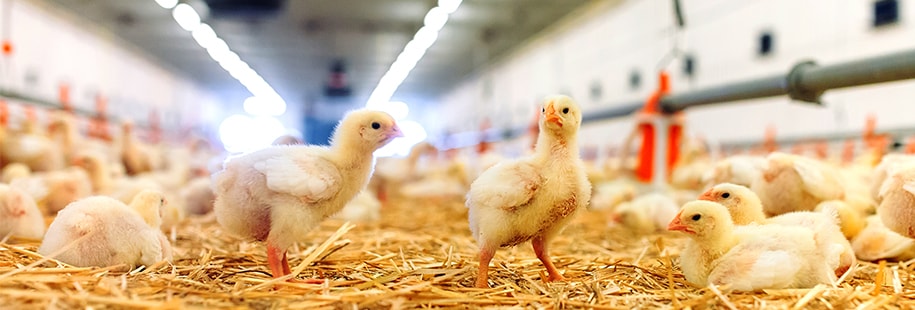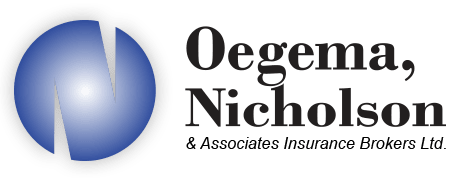"Just wanted to leave a message for your website that praises Nik Dore for being a constant example of always providing invaluable customer service. I never worry that my questions and concerns will be dismissed or that I am receiving less than constructive advice. Many thanks to him."
&-–
"I know all my insurance needs are covered with Oegema, Nicholson & Associates. I have been a loyal client for the last 15 years, and I can count of them for my commercial insurance, employee benefits, as well as my personal insurance and finances. Jeff Richer always goes above and beyond to help me with my insurance needs."
O-Omkar Atwal, Owner, Leitrim Home Hardware
"It’s always a pleasure to deal with Oegema, Nicholson & Associates, and I can depend on them for all my insurance needs. I have been a client for several years and whether it’s regarding my personal insurance, or anything to do with our employee benefits or commercial needs, I know I’m taken care of."
R-Rhonda, Capital Dodge
"I would like to thank Carol for everything she has done for me and my family over the years. It is my honest belief that we would not be in the position we are in if it was not for her guidance, expertise and honesty. We can't begin to thank her enough."
T-Tim
"ONA helps me with my personal insurance and my business insurance . They are my one stop shop when it comes to insurance and group benefits. I know I’m covered in all areas. Great friendly service and knowledgeable staff!"
J-James Carriveau, President, Exact Interlock and Exact Properties
"One call to Oegema, Nicholson Associates is all it took. After our basement flooded, within a day or two they had a crew cleaning everything up, taking down the drywall and itemizing everything to be cleaned, thrown out or restored. They had everything in place for us in a timely manner and were extremely patient with me as they talked me through the process and waited for me to make decisions."
J-Jennifer Parks, Stittsville, Ontario
"I’ve been dealing with ONA for over 20 years with my personal insurance, as well as our commercial insurance, and I know I can rely on them for great customer service, and prompt responses. I feel confident not only referring them to my employees, but to our customers as well."
C-Charlene Brunet, President, Dan Murphy Ford


